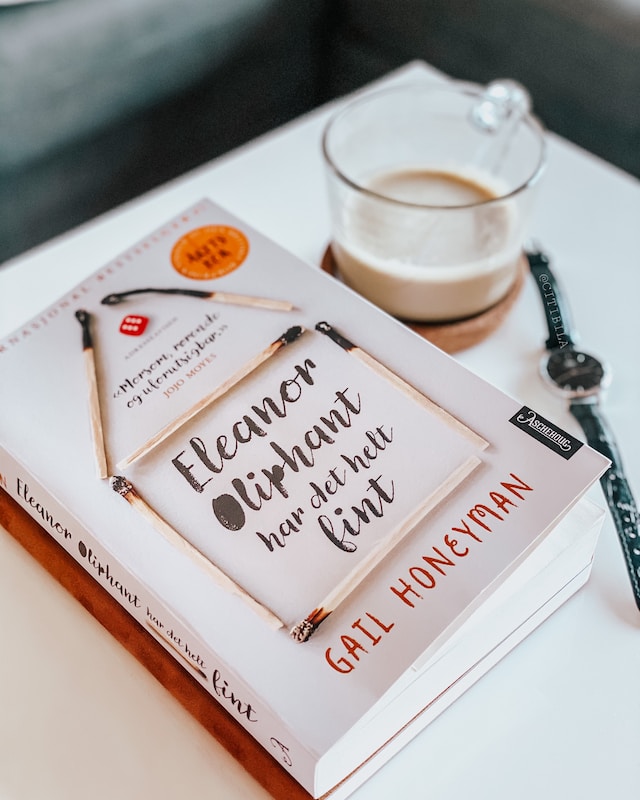Writing a short story can be a creative and fulfilling endeavor. While the shorter format may seem less daunting than writing a full-length novel, it still requires careful planning and attention to detail. Here are five tips to help you craft a compelling and impactful short story.
- Start with a Strong Opening: Grab your readers’ attention from the very beginning with a captivating opening line or paragraph. Introduce a compelling character, pose an intriguing question, or set up a situation that immediately draws the reader in. The opening should create a sense of curiosity and make readers eager to continue reading.
- Focus on a Single Idea or Theme: Due to the limited length of a short story, it’s important to narrow down your focus to a single idea or theme. Choose a specific concept or emotion you want to explore and build your story around it. This will help you maintain a clear direction and avoid unnecessary subplots or distractions.
- Develop Well-rounded Characters: Even in a short story, characters play a crucial role in engaging readers. Create believable and relatable characters by giving them distinct personalities, desires, and conflicts. Though you may not have the space for extensive character development, reveal key traits and motivations through their actions, dialogue, and internal thoughts.
- Build Conflict and Tension: Conflict drives a story and keeps readers engaged. Introduce conflicts that challenge your characters and propel the plot forward. Whether it’s an internal struggle or external obstacles, the conflict should create tension and raise stakes. The resolution of the conflict should provide a satisfying conclusion to the story.
- Use Concise and Evocative Language: In a short story, every word counts. Choose your words carefully to convey your ideas and evoke emotions effectively. Use concise and vivid language to paint a vivid picture and create an immersive experience for the reader. Show rather than tell, allowing readers to infer and engage their imagination.
Remember, writing a short story is an opportunity to explore a condensed narrative and make every word count. Experiment with different styles, perspectives, and structures to find the approach that best suits your story. Embrace the challenge and enjoy the process of crafting a concise and impactful tale.










